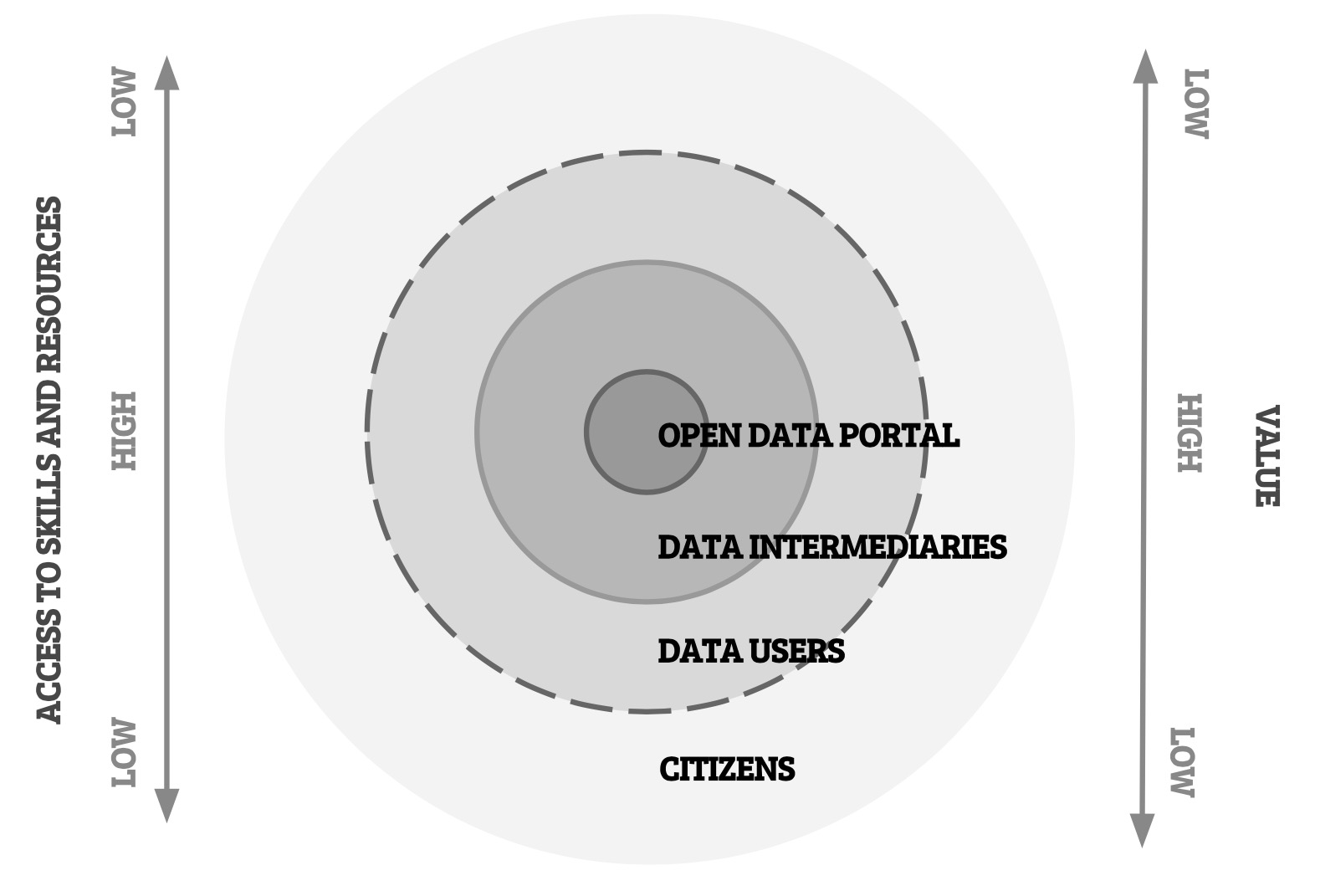Why open data needs to be "Citizen literate"
A “data literate” citizen isn’t someone who knows how to handle a spreadsheet — it’s someone who inherently understands the value of data in decision making.

A “data literate” citizen isn’t someone who knows how to handle a spreadsheet — it’s someone who inherently understands the value of data in decision making.
So says Adi Eyal in a piece very much worth a read, called Why publishing more open data isn’t enough to empower citizens over on IJnet.
I’m right behind the sentiment expressed in the headline.
I’m fascinated by the tensions caused by the use of open data – or perhaps more specifically the rhetoric of its use. I often find myself questioning the claims of the ‘usefulness’ of open data, especially when they are linked to social and community outcomes. I share Eyal’s view that whilst there may be some big claims, “there is not yet a larger body of work describing how open data has brought about systemic, long-term change to societies around the world.”
Some might argue (me included) that its just too early to make judgements. As idealistic and iconoclastic as the promises may be at times, I do think it is just a matter of time before we begin to see tangible and consistently replicable social benefit from the use of open data.
But the the key challenge is not the destination or how long it takes to get there. It’s how we do it.
In the IJNet piece Eyal makes a distinction between simply freeing the data and its effective use, especially by average citizens. He makes a strong case for the role of “infomediaries” :
These groups (data wranglers, academics, data-proficient civil society organizations, etc.) turn data into actionable information, which can then be used to lobby for tangible change.
I’m very drawn to that idea and it reflects the way the open data ecosystem is developing and needs to develop. But I do think there’s an underlying conflation in the article that hides a fundamental problem in the assumption that infomediaries are effective bridges – It assumes that open data and open government data are the same thing.
It’s an important distinction for me. The kind of activities and infomediaries the article highlights are driven in the most part by a fundamental connection to open government (and its data). There is a strong underpinning focus on civic innovation in this reading of the use and value of open government data. I’d argue that Open Data is driven more by a strong underpinning of economic innovation – from which social and civic innovation might be seen as as value created from the use of services they provide.
There is a gap between those who hold the data and use it make decisions and those that are affected by those decisions. I don’t think that open data infomediaries always make that gap smaller, they simply take up some of the space. Some do reach across the gap more effectively than others – good data journalism for example. But others, through an economically driven service model, simply create another access point for data.
From an open data ecosystem point of view this is great, especially if you take a market view. It makes for vibrant open data economy and a sustainable sector. From the point of view of the citizen, the end user, the gap is still there. They are either left waiting for other infomediaries to bring that data and its value closer or required to skill-up enough to set out across the gap themselves.

The space between citizens and government is often more of a market economy rather than a citizen driven supply chain.
There is a lot of the article that I agree with but I’d support the points made with a parallel view and suggest that as well as data literate citizens as Eyal describes them, open data infomediaries need to be “citizen literate”:
A citizen literate data infomediary isn’t one that just knows how to use data – its one that understands how citizens can effectively use data to be part of a decision making process.
